User Experience (UX) design is the practice of understanding human behaviour and applying that knowledge to solve problems through design.
UX includes all interactions with a company, including its services. This is why Luminary’s UX practice encompasses Service Design and CX. (For a guide to these terms, check out this article by our UX Director, Josh Smith: Demystifying industry terminology.)
UX is fundamentally a Human-Centred Design practice, bringing to life solutions that meet human needs. Our process, therefore, dedicates time spent with the people we are designing for so that we may explore their needs, emotions and behaviours – rational or otherwise. The insights we gather ensure that the products and services we bring to life are innovative and create measurable change.
We have designed our process to enable our clients to make informed, evidence-based decisions before committing to final design execution and build. Iteration and user testing ensure our products are finely tuned, down to the smallest of details and interactions. This early and often feedback on low-cost rapid prototypes creates velocity in our process, reducing tunnel vision and sunk cost on bad ideas.
Once built, products remain living and breathing and we treat them as such. Through continuous support and collaboration with our data and technical teams, we grow and optimise them to meet your business objectives.
If you’re hoping to understand your customers, find answers to nagging questions or take your product to the next level, our UX design agency can support you. To find out more about our team get in touch or meet our UX Director.
How we create the best experiences
When we first meet, we ask a lot of questions to work out what activities and services will be most beneficial to your particular situation. These services will likely be a mixture of those outlined below:
Desktop research and data review
A lot can be done with what has already been learnt. SEO, data analytics, market reports and prior research all inform our work. At the start of every project, we’ll take on your existing data and work with our cross-functional team to uncover every piece of evidence we can. Learn more about our digital strategy services.
Expert (heuristic) review
A process that takes as little as 3-5 days, an expert review can be an excellent first step into UX. An expert review is an analysis of where your digital assets stand in relation to best practices. Using long-established principles and heuristics we evaluate your existing product and create a prioritised backlog of improvements.
User research
Interviews, observation and surveys are designed to uncover insights into user behaviours and motivations. There are many methods by which we may research customer behaviour. Contextual inquiry, diary studies and observations are three such qualitative methods that allow us to discover how they think and make sense of the world.
Journey maps and personas
We use insights from research to document your customers’ behaviours and how they interact with your products and services. These resulting visuals provide a practical blueprint for delivery and guidelines for how to interact across channels with your customers.
Workshop facilitation
Either as part of a broader project or a stand-alone activity, we conduct ideation workshops, co-design sessions and design thinking training. These sessions broaden our thinking and act as the stepping stone from research insights to designed solutions.
Prototyping and user testing
Low-fidelity interactive designs that serve as a low-cost testing ground for new products and ideas. We test wireframes with prospective users to evaluate our ideas through a series of defined tasks. This can be done in person or online with as few as five participants, as 85% of usability problems can be found in this small sample size.
Information Architecture (IA)
Effective IA is about organising, labelling and structuring content so that it is intuitive and logical. We use analytics data, SEO and content recommendations as well as stakeholder and customer input to create an IA. Always seeking to validate our work, the IAs we create are tested for efficiency through online task-based user testing.
Behavioural design
Humans make a lot of decisions. Many we believe to be conscious and rational when oftentimes this isn’t true. By acknowledging the biases that are common in behaviour, we map the behaviour we wish to change and create shortcuts and design patterns that lead to better decision making and healthier habits.
Lean UX
Sometimes we just need to start designing to find an answer. Lean UX allows teams to be truly agile, making informed assumptions about the features our customers need and using regular user testing to validate them. This method of product development requires a great deal of trust and comfort in ambiguity, and can be leveraged to complete either a single part or an entire project.
Service Design
A product does not function in a vacuum. The best apps and websites we interact with are supported by the services, physical touchpoints, technology, processes, business models and people that enable them. To deliver a truly exceptional experience, this often invisible ‘behind the curtain’ layer is included in the research and design process.
Customer Experience Design
We look holistically at a customer’s interactions with a company's brand, including its marketing and advertising. By ensuring all touchpoints are measurable and consistent with a company's personality, tone, values and beliefs, we ensure your customers have the right experience throughout their relationship.
Design sprint
Kickstart your innovation with a design sprint. The sprint is a five-day process for answering critical business questions through design. Developed by Google Ventures, it's an accelerated five-day UX process, including business strategy, design thinking, prototyping and testing.
And the proof?
A snapshot of our UX clients

UNICEF Australia
UNICEF Australia engaged Luminary to undertake a complete website rebuild, from discovery through to continuous improvement.

BYD Discovery
Electric vehicle manufacturer BYD engaged Luminary to provide it with a digital strategy to enhance its online presence and consolidate its positioning as a leading EV brand in the Australian market.

Vanguard Australia Service Design Project
Vanguard’s strategic discovery project with Luminary uncovered a pathway to improve the end-to-end customer journey as well as improvements across service delivery and web application features for its financial adviser clients.

The Australian and New Zealand College of Anaesthetists (ANZCA)
The Australian and New Zealand College of Anaesthetists (ANZCA) is one of the largest specialist medical colleges in Australia and New Zealand.

Simplot
Simplot has been serving up convenient, balanced meals for decades, found on the shelves of major supermarkets and in the pantries of Australians and New Zealanders.

RedZed
Empowering borrowers with a transparent digital experience: RedZed partnered with Luminary to deliver a user-centric online experience that addresses the needs of both brokers and direct loan customers.

Reward Hospitality
Reward Hospitality recognised that taking its website to the next level meant deep diving into UX and design.
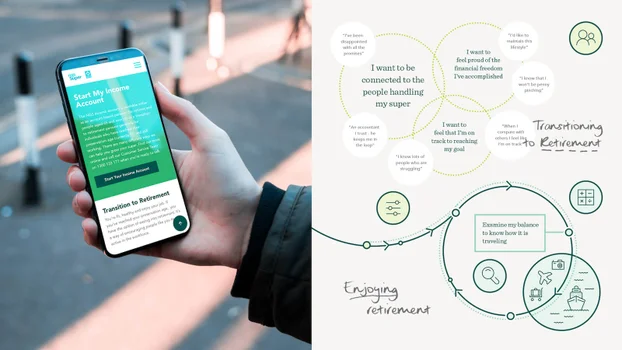
NGS Super
NGS Super was looking for a platform that would provide security and stability, as well as empowering its staff to be self-sufficient in managing the site.

SILK Laser Clinics
SILK Laser Clinics engaged Luminary to undertake a discovery project that would identify key digital transformation opportunities and lay the foundation for a future-proof online experience.

LUCRF Super
Underpinned by a comprehensive discovery phase, this project resulted in a site that is genuinely user centric.

Weir Minerals
Weir Minerals engaged Luminary to help it better understand the online needs of its global customer base.

ANZIIF
Insurance and finance industry professional association ANZIIF wanted to elevate the member experience on its Sitecore website.
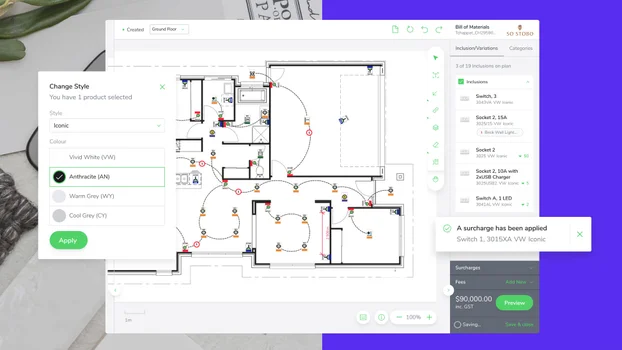
Clipsal Electrical Design Application
The Clipsal Electrical Design Application is a web-based app that enables professional consultants to help homeowners who are building or renovating to tailor their electrical, lighting and smart home plans and bring them to life.

Interrelate
A deep discovery engagement resulted in a blueprint for digital transformation for relationship services provider Interrelate.

GroundProbe
Luminary and GroundProbe partnered on a discovery project to design a new application experience for GroundProbe engineers to analyse and monitor risks on site.
Our UX expertise
Key people and musings from our blog

Josh Smith
UX Director
Josh leads our UX practice, building a deep understanding of our clients' needs through human-centred design.

Emma Andrews
Strategy Director
As Strategy Director, Emma's primary task is to ask lots of questions of our clients and transform the responses into a blueprint for success.

Dr Marnie Crook
Senior UX Researcher
Driven by natural curiosity, Marnie excels in identifying and solving problems to help people and organisations achieve their goals.

Dean Berlingeri
Senior UX Designer
Dean has deep experience in human-centred design practices, facilitating workshops, and iterative prototyping.

Mark MacSmith
Lead Digital Strategist
Mark oversees the digital strategy for major digital experience projects.

Matthew Dalla Rosa
Senior UX Researcher
Matt uses UX research to uncover the way users think, behave and interact with the physical and digital world.
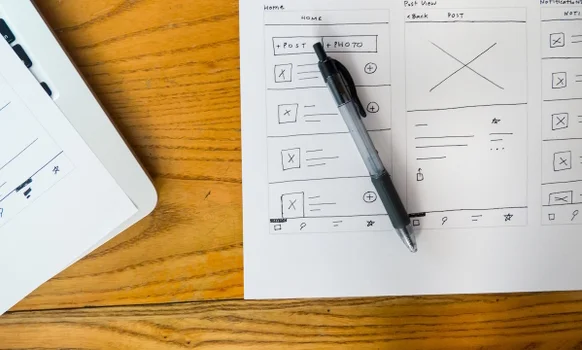
6 min read
Why UX is not optional
UX isn’t just about how things look, it’s about how end users think and engage with a digital experience. Even a modest investment in UX will pay dividends in terms of usability, engagement and performance.
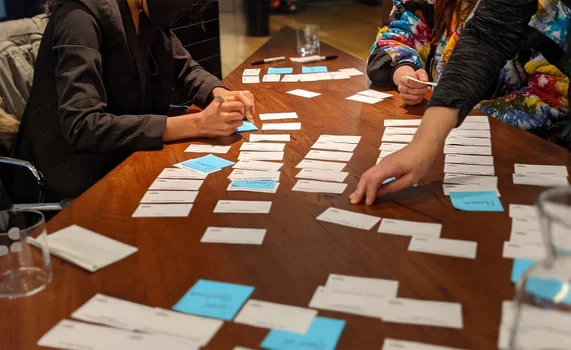
6 min read
Demystifying UX and industry terminology
Too often UX is made to sound overly technical and confusing. This is troubling because UX is about understanding the human experience and making it simpler...
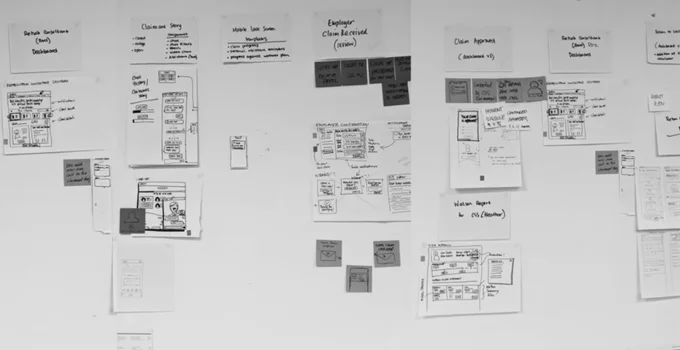
8 min read
UX: The art and science of problem solving
User Experience is brought to life by an interface. But the core of UX has less to do with pixels and more to do with finding and solving a human problem.
6 min read
How understanding human mental models drives better UX design
Josh Smith, UX Director at Luminary, explains why the user experience is different for every person and how understanding mental models dramatically improves UX design.

6 min read
Luminary is increasing its offering in Strategy, UX and Human Centred Design
We have been steadily building up our team and capabilities to expand our capacity to offer a holistic and integrated approach to delivering unique, powerful and category-leading digital experiences.

9 min read
What happens when a digital agency and a university partner up?
Over the past year, Luminary’s Directors of Design, UX and Strategy – Thom Bransom, Josh Smith and Emma Andrews – have been working to establish a university partnership to give the next generation of specialists a window into their future careers.

6 min read
Will AI destroy the art of human communication?
We’ve asked what we can gain, but have we asked what we may lose? Generative AI is revolutionising communication, but an overreliance on it has the potential to lead to language atrophy, a loss of critical thinking, and an erosion of trust in human interactions, argues Senior UX Researcher Matt Dalla Rosa.
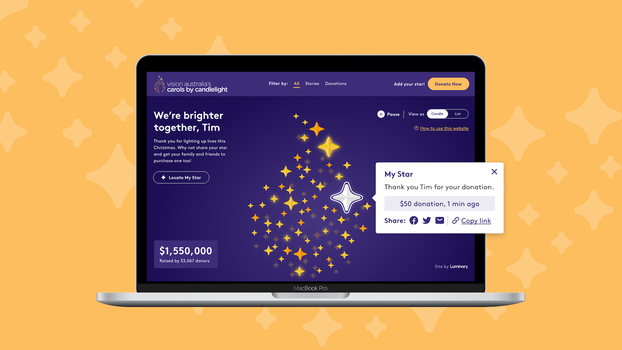
6 min read
Accessibility design in practice
Designing for accessibility means creating a satisfying and enjoyable experience for all users. But the expectations are raised sky-high when the client is Vision Australia and the brief is to make sure its major fundraising event, Carols by Candlelight, is a beautiful and accessible experience for everyone.

7 min read
Behind the scenes of Service Design
Senior UX Researcher Dr Marnie Crook explains what Service Design is and how its holistic approach to solving customer problems sets it apart from other research techniques.

6 min read
How to create a digital strategy roadmap
A good strategic roadmap not only outlines what you want to achieve with your digital strategy, but sets out the detail of how you're going to get there. Here we provide guidance on how to do it, along with a downloadable Digital Roadmap Toolkit.

7 min read
7 tips for a successful digital roadmap
In this post, Digital Strategist Emma Andrews breaks down the elements that make up a successful digital roadmap.

A Guide to Digital Product Design
Luminary has created this guide to give a glimpse into the world of digital product design. We’re passionate about creating rich experiences, but getting there takes more than raw talent and prototyping.

4 min read
UX v SEO: Friends or Foes?
User experience (UX) design and search engine optimisation (SEO) have a sibling-like relationship: in years past, they may have conflicted, but as they’ve matured, they realise they have a lot in common.
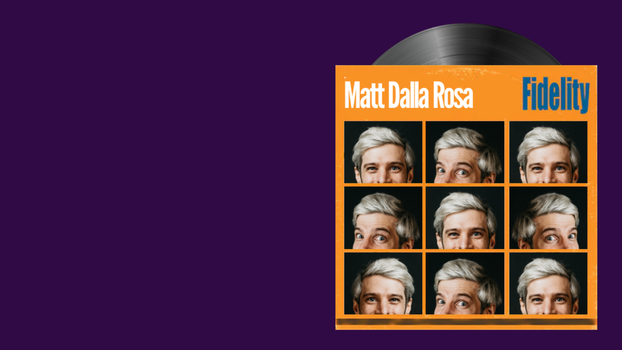
4 min read
Design Fidelity & Prototyping
Throughout design projects the term ‘fidelity’ comes up often, the degree of exactness with which something is reproduced. Most commonly when the term fidelity is used it is to distinguish between ‘low’ and ‘high’ fidelity prototypes.
Handy resources
Check out the handy resources below for downloadable guides, checklists and templates to help you achieve your digital goals.
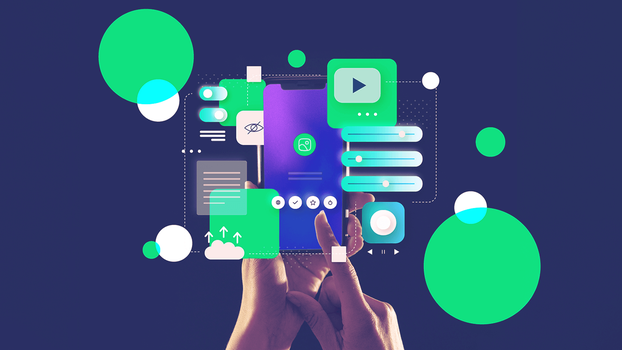
8 min read
How to choose the right CMS
You’ve decided you need a new Content Management System – but where do you start in deciding which one to go with? Here, we distill our learnings over the past two decades of advising clients on choosing digital platforms. We’ve even included a downloadable comparison matrix for you to rank contending CMS or DXP options.

9 min read
Building a martech stack
Selecting a martech stack can be overwhelming. The right mix of products can be the make or break of an organisation’s digital strategy. Here, we share our insights and tips from many years of assisting clients with this daunting task. We also include our downloadable Martech Audit Matrix for you to audit your existing stack.

10 min read
WTF is GEO? A guide to staying visible in AI search
Feeling overwhelmed by all the new acronyms flying around in search and content marketing? You’re not alone. From GEO to AIO and AEO to SXO, it’s hard to know what’s what – and what you actually need to focus on.

6 min read
How to create a digital strategy roadmap
A good strategic roadmap not only outlines what you want to achieve with your digital strategy, but sets out the detail of how you're going to get there. Here we provide guidance on how to do it, along with a downloadable Digital Roadmap Toolkit.

5 min read
How to perform a website audit
Conducting a website audit sounds like a really big, scary, time-consuming chore, but it doesn’t have to be. We’ve simplified the task for you with six key areas to assess – along with a downloadable checklist full of useful questions, tips and tools.

6 min read
How to brief a digital agency
Whether you’re briefing your existing agency or inviting new agencies to respond to a request for proposal, there are certain ‘rules of the game’ that will help you drive the best possible result. This blog post features a downloadable digital agency briefing template to help you get off on the right foot.

The Marketer's Guide to Headless CMS
Everything you need to know if you're considering migrating your website from a traditional CMS to a headless CMS.

A Guide to Digital Product Design
Everything you need to know if you're considering developing and launching a digital product.

5 min read
Why conducting a content audit is essential
Performing a content audit is a crucial step in optimising a website's performance. It can help identify outdated or irrelevant content, identify content gaps, improve SEO efforts, enhance user experience, and save time and resources.












